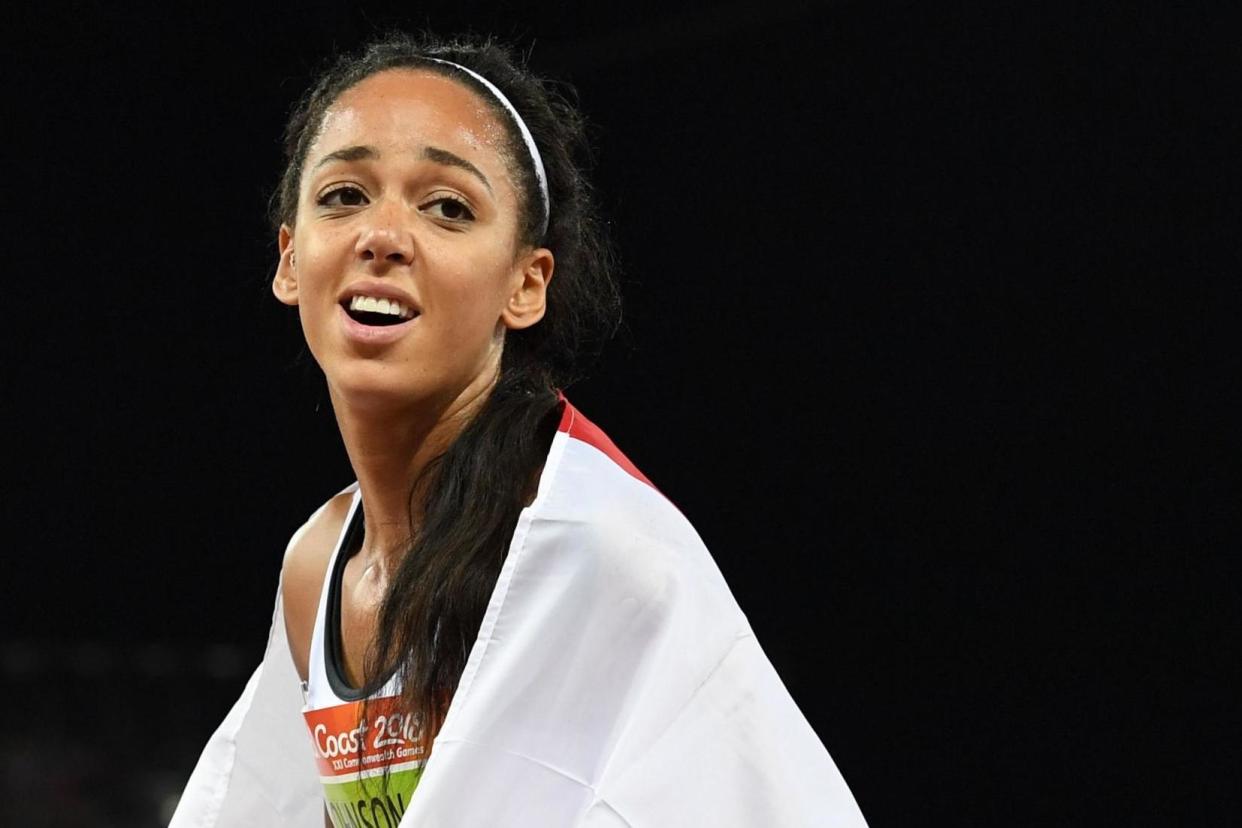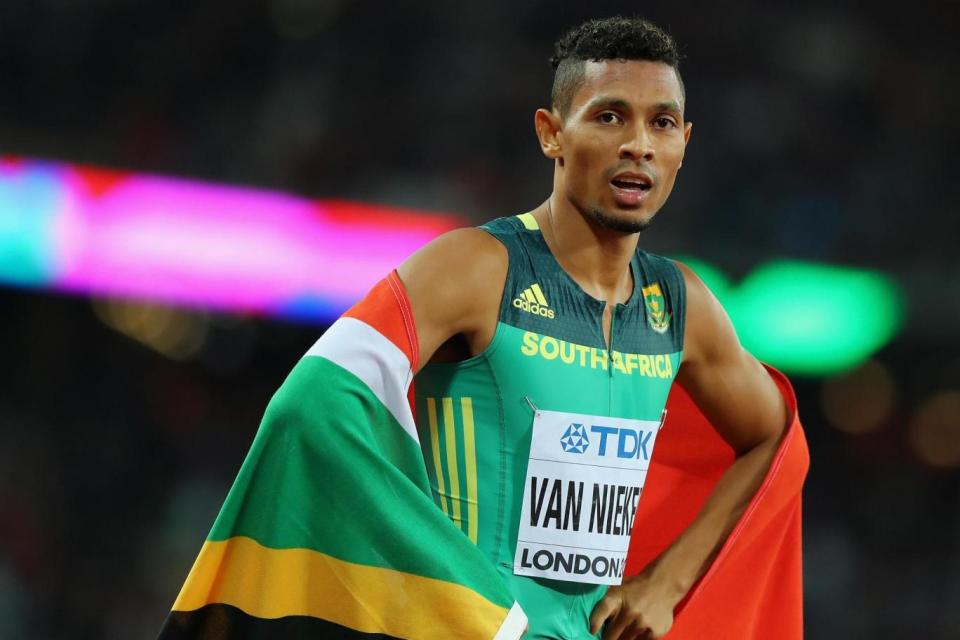Seb Coe: It’s wrong for athletes to turn their backs on championships

An athlete’s career is a bit like an elongated game of poker and, at the end of it, you reveal your hand.
In their case, it’s not about a personal best or a Diamond League win, it’s how many medals did they get in a championship. But I’ve noticed a growing predilection to hide away from championships and that slightly mystifies me.
Take Katarina Johnson-Thompson, for example. She admitted she would not be at her peak in the Gold Coast for the Commonwealth Games but went there, and now she has two global titles in the space of a month.
I understand it’s difficult as each athlete-coach relationship is very different so you don’t know what discussions are taking place. There may be a view that an uninterrupted training block without racing is the better way to go.
But given the opportunity to be at a major championships, I’ve always leant towards doing that and I think the athletes of today should do the same.
I appreciate the time of year we’re in but, if you’re given the opportunity to be here, why not build a possible training block around it and work through those championships knowing you’re not going to be in the form that you will be in July and August in Europe.
Championships define you as an elite competitor. They don’t come around all that often so you need to be ready for it whether it’s the more usual peak of August or April, as these Commonwealth Games have been. Careers are defined by them, not a one-off Diamond League at the Olympic Stadium in London.
We’re competing in an increasingly busy sporting market, against the likes of the Premier League. Understandably, we’re asking who is here athlete wise?
Okay, you don’t pick your teams on how much media attention they will get but we shouldn’t be oblivious to the challenges of making sure our sport punches through. It’s the interest in homegrown talent, in this case Team England, that people are looking at to a degree.
You want the best stars at a global event but that simply cannot always happen. Take this summer’s football World Cup. It was a shock that Holland and Italy won’t be there but I don’t think anyone will be thinking it has been overshadowed by that when it kicks off.
Likewise, Wayde van Niekerk would have been a great addition at the Games, so too Sally Pearson from a home point of view, but injury ruled them out. But we still had Elaine Thompson, Shaunae Miller-Uibo and Yohan Blake. For England, these Games have allowed younger names to step forward. I sat watching Niamh Emerson in the heptathlon with Daley Thompson and we were both very impressed by her bronze.
And I’m a big fan of Kyle Langford and liked that his reaction was one of disappointment when I spoke to him about his 800metre silver. He’s very close to a major breakthrough and he and his coach understand how important it is to be at a major championships.
The Games has a huge future. It’s in a good position to be an innovator: be that the introduction of mile or relays with able-bodied and para athletes.

In athletics at a global championships, more than 50 per cent of medals go to Commonwealth athletes, 33 per cent of the global population is Commonwealth and 60 per cent of that is Under 29. It’s an interesting demographic. I expect top-name athletes to flood to Birmingham in 2022. Championships don’t just come and go so you need to be there.

 Yahoo News
Yahoo News 
